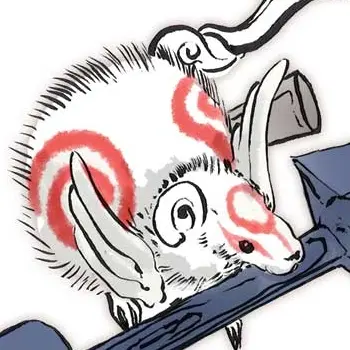So, say I get a set of chromosomes from my Mum which contains the X chromosome and the same from my Dad, but with the Y chromosome. I now have two sets of the same 22 chromosomes, plus an X and a Y.
For chromosome number one for example, is everything from my Dad’s side activated? My Mum’s? Or is is a random selection of genes within each chromosome?
And does the X chromosome do anything for me, or is it turned off, and only used if I pass it on to the next generation?
Follow up question: I believe that women actually recombine their X chromosomes when passing these on, but men can’t recombine X and Y. So everything on your Dad’s side stays the same. Does this have any impact? For example are you more likely to inherit genetic defects from your Dad’s side?


Also another misconception: There aren’t like a small number of genes and it’s not like each gene has a specific function. There are soooooo many genes and they all interact in unique and interesting ways. We’ve been trying to figure out what genes do what and how they interact for decades and have had only limited success.
Think of it like a lot of source code, but the source code is millions of years old and written by junior devs on their first week whilst high. There is a lot of stuff in there that does nothing, or seems to do a lot of things only to be completely voided by some other piece of code. Or it actually does something, but on the macro scale it’s pretty useless and doesn’t matter at all. All the code is spaghetti code, it all interacts and somehow a human being is formed by the result. To put this into context: mice have about 80% of the same sourcecode as us.